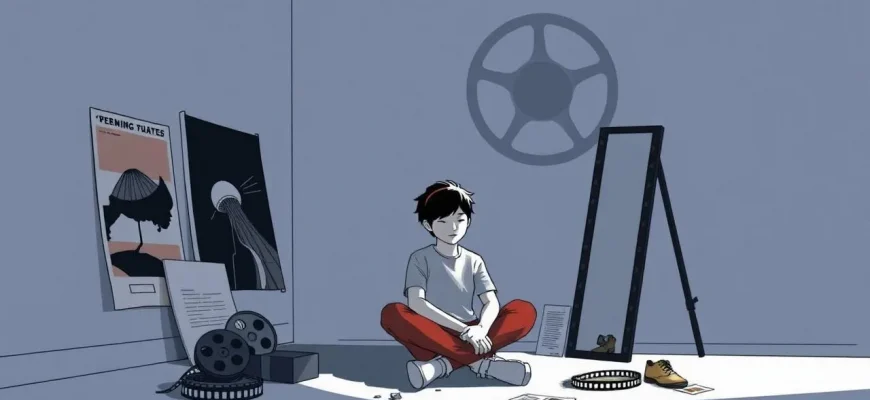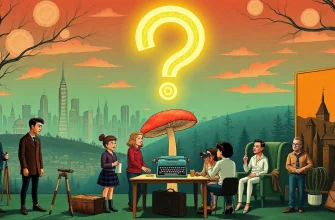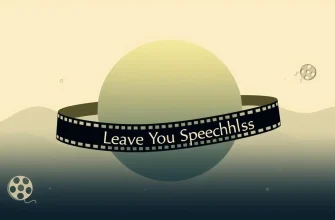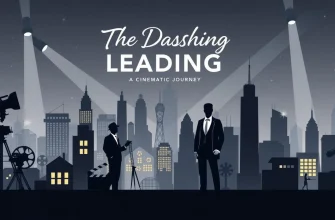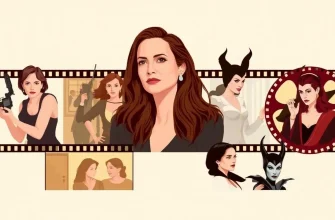This curated list of films is designed for high school students who are looking for more than just entertainment. These movies delve into profound themes such as identity, self-discovery, societal issues, and personal growth, providing not only a cinematic experience but also food for thought. Each film has been chosen for its ability to engage young minds, provoke discussions, and offer insights into the complexities of life, making them valuable for both personal reflection and classroom discussions.

To Kill a Mockingbird (1962)
Description: This adaptation of Harper Lee's novel deals with racial injustice, moral growth, and the loss of innocence, making it an essential watch for understanding societal issues.
Fact: Gregory Peck won an Academy Award for Best Actor for his portrayal of Atticus Finch, a role that has become iconic in American cinema.
 Watch Now
Watch Now 
The Breakfast Club (1985)
Description: This film breaks down stereotypes by showing how five very different high school students come to understand each other during a Saturday detention. It's a timeless exploration of teenage identity and social dynamics.
Fact: The film was shot in a single location, the library of Maine North High School in Illinois, which was chosen for its unique architecture.
 Watch Now
Watch Now 
Stand by Me (1986)
Description: A nostalgic journey of four friends on a quest to find a dead body, this film captures the essence of friendship, loss, and the transition from childhood to adulthood.
Fact: The film is based on Stephen King's novella "The Body," and King has stated it's one of his favorite adaptations of his work.
 Watch Now
Watch Now 
Dead Poets Society (1989)
Description: This classic film encourages students to seize the day and live life to the fullest, emphasizing the transformative power of education and the arts. It's a must-watch for its inspiring message about individuality and passion.
Fact: Robin Williams' performance as the unconventional teacher John Keating earned him an Academy Award nomination for Best Actor.
 Watch Now
Watch Now 
Good Will Hunting (1997)
Description: A story about a genius janitor who must confront his past and find his place in the world. It's a powerful narrative about self-worth, friendship, and the importance of therapy.
Fact: The screenplay was written by Matt Damon and Ben Affleck, who also star in the film, and they won an Oscar for Best Original Screenplay.
 Watch Now
Watch Now 
A Beautiful Mind (2001)
Description: While not strictly a teen movie, this biopic about John Nash offers insights into genius, mental illness, and perseverance, themes that can resonate with students facing their own challenges.
Fact: The film won four Academy Awards, including Best Picture, and Russell Crowe was nominated for Best Actor for his portrayal of Nash.
 Watch Now
Watch Now 
The Perks of Being a Wallflower (2012)
Description: This film explores the challenges of adolescence, mental health, and the importance of friendship. It's a poignant coming-of-age story that resonates with teens navigating their own identity and place in the world.
Fact: The film was adapted from a novel by Stephen Chbosky, who also wrote and directed the movie. The screenplay remained very faithful to the book, capturing its essence and emotional depth.
 Watch Now
Watch Now 
The Spectacular Now (2013)
Description: This film tackles issues like alcoholism, future planning, and the complexities of young love, offering a realistic look at the pressures of growing up.
Fact: The film was well-received for its authentic portrayal of teenage life, earning Miles Teller a Special Jury Prize at Sundance Film Festival.
 Watch Now
Watch Now 
The Edge of Seventeen (2016)
Description: A raw and funny look at high school life, this film captures the awkwardness and emotional turmoil of being a teenager, focusing on themes of friendship, family, and self-discovery.
Fact: Hailee Steinfeld's performance was critically acclaimed, earning her a Golden Globe nomination for Best Actress.
 Watch Now
Watch Now 
The Fault in Our Stars (2014)
Description: A love story between two teenagers with cancer, this film explores themes of love, life, and the inevitability of death with both humor and heartbreak.
Fact: The film's title comes from a line in Shakespeare's play "Julius Caesar," which is also quoted in the book.
 Watch Now
Watch Now 
